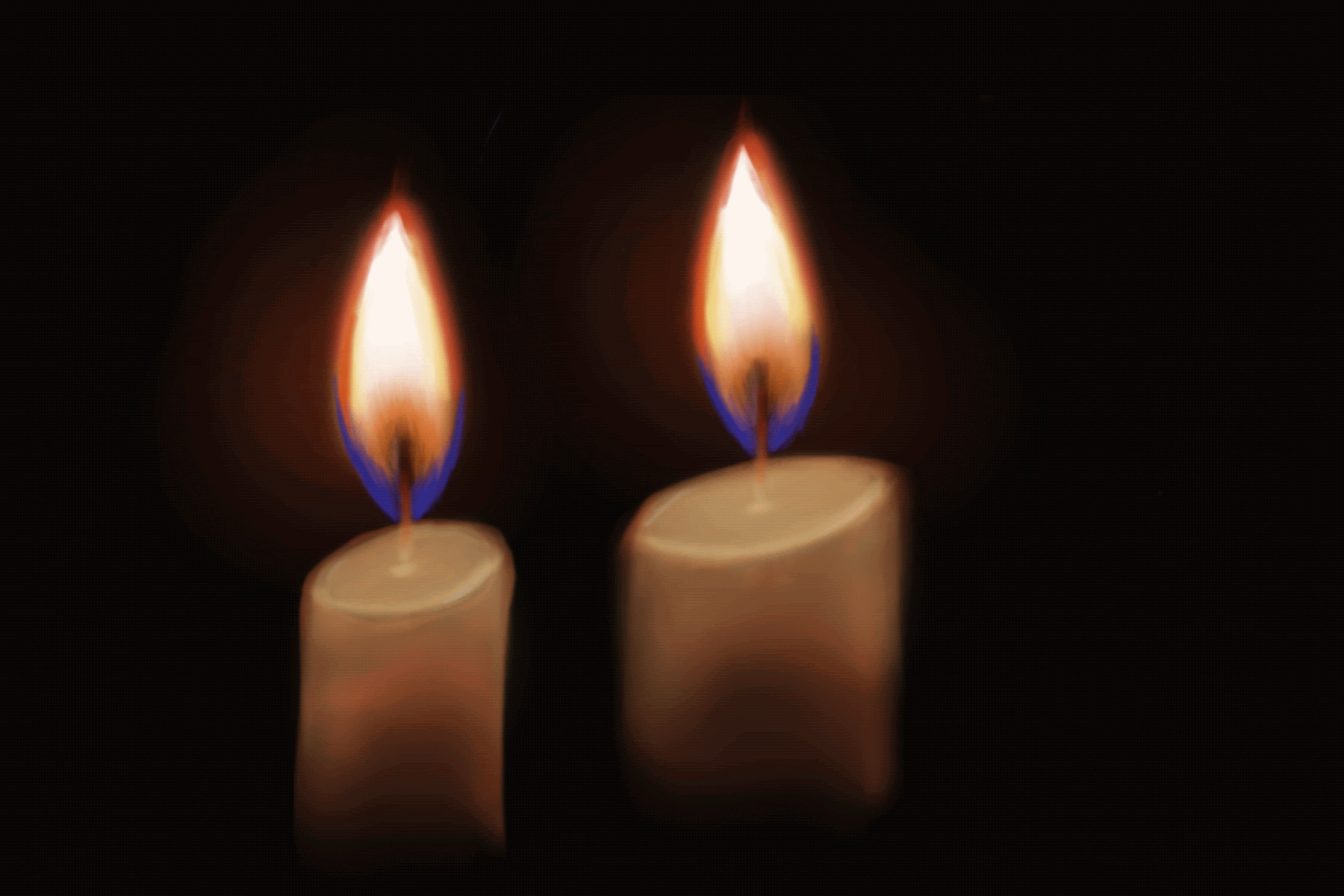Lately, I've been pretty aware of my own powerlessness. Nothing I can do is going to stop a pandemic single-handedly, no matter how much I might like it to. In this situation, "just" following the guidance from the governor, working from home, and waiting doesn't always seem like enough. I want to fix it. I want to solve the problem. I want to be back in my regular routine, and I want everything to be fine. And I can't force that to happen. I'm not in control of coronavirus. So what, if anything, does the parsha have to say to me?
This week, we're reading from two different Torah portions, Behar and Bechukotai. Bechukotai involves a whole lot of theoretical smiting. "If you don't do what god wants, the sky will turn to iron and the earth to copper," etc. Behar, on the other hand, opens up with the laws of shmita, which are a little more user-friendly.
Basically, it's Shabbat for the land. Every seventh year, we're supposed to let the land lie fallow. People aren't supposed to plant crops or deliberately harvest anything that happens to grow in their fields. That food is for anyone and everyone to take, from laborers to landowners to animals (Lev 25:1-7). So in the Biblical period, I have a recurring period of time, the shmita year, where I can't do the work I'm used to, that I usually need to do to survive. I'm out of my typical routine. I'm not sure what the immediate future holds. Sound familiar yet?
Torah mandates periods of time not so different from the one we're in now, periods of time that ask us to be aware of our own powerlessness. And what's more, it assures us that whatever comes our way, we will be better off when we accept life on its own terms. Later on in Behar (Lev 25:20-22), the Torah text says that when we observe shmita, there's magically lots and lots of food for all six regular years, plus extra for the shmita year and the year after, so that nobody ever goes hungry or faces hardship. Seems maybe too optimistic, but, hey, wouldn't it be nice?
Coming at the issue from a slightly different angle, the Torah text in Bechukotai links some of that smiting to us not observing shmita (Lev 26:34-35), not sitting in the discomfort, trying instead to snatch back our illusion of being able to bend the world to our will. I appreciate the split in the Torah text here. I know that for me, there are times when it's easy to accept reality. There are also times when it doesn't feel good. But even when it doesn't, the acceptance is generally less terrible than the denial.
I don't think the take-home message here is "do whatever you want and you'll be magically taken care of." Torah explicitly states that I should work the land for the other six years. Just like I should stay home whenever possible, just like I should wear a mask anytime I go out, just like I should limit in-person contact. I have to do my part. But I'm also being asked to acknowledge that the course of the world is not ultimately up to me. Not to diminish my capabilities, but to free me up to focus on the things that are actually in front of me, that I actually can do something about.
So I hope, as the familiar prayer says, that each of us will be continually blessed with the serenity to accept the things we cannot change, the courage to change the things we can, and the wisdom to know the difference.








